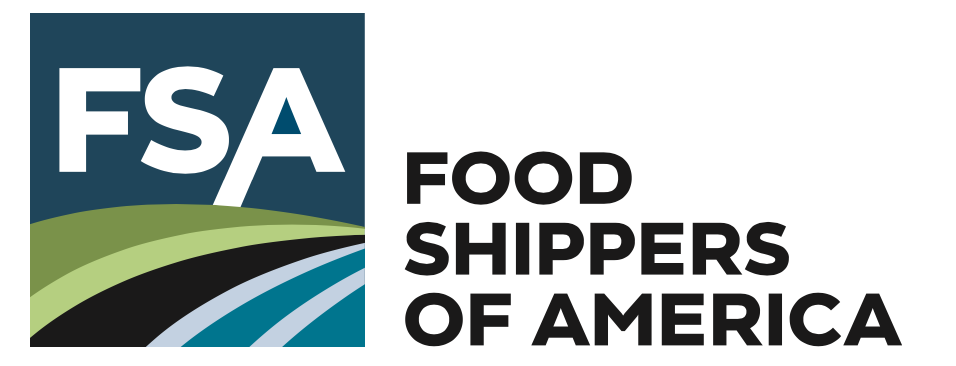Retailers, Wholesalers Maintain Prices on Some Food Items Impacted by Tariffs
by Staff, on Jun 5, 2025 10:30:04 AM

As the ripple effects of recently imposed international tariffs begin to work their way through the global food supply chain, some major food retailers and wholesalers in the United States are taking steps to proactively shield their customers from rising prices—at least in the short term. Several national and regional grocery chains have announced temporary price freezes on a wide range of food items most affected by tariffs, ranging from fresh produce and pantry staples to consumer packaged goods.
This business strategy comes in response to growing concerns over inflation fatigue among American consumers. Tariffs are putting additional pressure on the cost of imported ingredients and food stuffs. Fresh produce imported from Mexico and Canada, such as avocados and tomatoes, are experiencing price hikes. Imported olive oil are experiencing higher prices and imported alcohol, particularly imported wines and beers from the EU and Mexico, are seeing price hikes. Imported rice and nuts from countries like Thailand, India, and Vietnam are affected, leading to higher prices for jasmine rice, basmati rice, and various nuts.
“We recognize the burden rising prices place on families, and we’re doing everything in our power to ease that strain,” says one vice president of merchandising who is responsible for pricing with a Midwestern grocery chain. She says her company is locking in prices on 150 staple items for the next 90 days. “Holding prices on key items—like pasta, cooking oil, and lunch meats—gives customers peace of mind during a volatile period,” she says.
Tariffs Trigger Pricing Disruption
The tariffs imposed during the Trump administration, particularly those targeting China and other major trading partners, have had a significant impact on food prices in the United States.
By placing duties on imported goods, including a wide range of agricultural products, ingredients and consumer packaged goods, the tariffs have disrupted supply chains and raised the cost of production for food manufacturers and importers. In retaliation, countries like China placed their own tariffs on U.S. agricultural exports, reducing demand and revenue for American farmers, which in turn has led to some market instability.
Domestically, the increased costs of imported ingredients and packaging materials oftentimes have been passed down to consumers, contributing to higher grocery prices on everything from canned vegetables and meat products to cooking oils and snacks. While some tariffs were intended to protect American industry, the resulting trade tensions created a complex environment that added to food inflation pressures for everyday shoppers.
Some Food Shippers Offer Temporary Relief
Many food retailers and wholesalers are being strategic about their pricing strategy in the current market impacted by tariffs.
“Retailers are caught in the middle,” says an supply chain expert. “They don’t want to alienate customers with higher prices, but they’re also absorbing added costs upstream that can’t be ignored forever.”
To offset the impact, national retailers such as Albertsons and Kroger have launched price-freeze campaigns on targeted categories. The affected items often include breakfast cereals, pasta, canned vegetables, dairy, and frozen meals—many of which are produced or packaged with imported ingredients.
Retailers say they’re leveraging bulk purchasing agreements, streamlined logistics, and supplier negotiations to maintain these price points without cutting into margins too deeply.
Another example? Costco Wholesale’s tariff mitigation strategies have included pulling forward purchases of sporting goods and summer-related items ahead of the levies, rerouting goods sourced from countries with “large tariff exposure,” and buying more of its store brand Kirkland Signature product in countries or regions where the items are sold, executives said on a recent company earnings call.
 In its fiscal Q3 ended May 11, the warehouse club retailer’s CFO Gary Millerchip said tariff-driven inflation hit certain fresh goods from Central and South America, with the company making a decision to potentially take a margin hit on some affected “staple” items like bananas, but not on a less essential product like flowers.
In its fiscal Q3 ended May 11, the warehouse club retailer’s CFO Gary Millerchip said tariff-driven inflation hit certain fresh goods from Central and South America, with the company making a decision to potentially take a margin hit on some affected “staple” items like bananas, but not on a less essential product like flowers.
“So, on pineapples and bananas…we felt it was important to really eliminate the impact there for the member by working with our suppliers and by us finding efficiencies and accepting that there may be a margin impact, we essentially held the price on those to make sure that we’re protecting the member,” Millerchip said. By contrast, on flowers from the region, “we felt that that was something that the member would be able to absorb and it was a more discretionary item there,” he said.
The company lowered prices on some key items such as eggs, butter and olive oil, and Millerchip said that expanded gas station hours, new gas station openings and lower gas prices led to Costco having two of its all-time “highest gallon weeks” in the U.S. last month.
Related Articles:
- What You Need to Know About Tariffs
- Conference Highlights Key Focus Areas: Technology, Thefts and Tariffs
- Flash Report: A Taxing Time for the U.S. Economy
- Trump Installs 10% Baseline Tariff, Country-Specific Duties
Like this kind of content? Subscribe to our "Food For Thought" eNewsletter!
Now more than ever, professionals consume info on the go. Distributed twice monthly, our "Food For Thought" e-newsletter allows readers to stay informed about timely and relevant industry topics and FSA news whether they're in the office or on the road. Topics range from capacity, rates and supply chain disruption to multimodal transportation strategy, leveraging technology, and talent management and retention. Learn More



